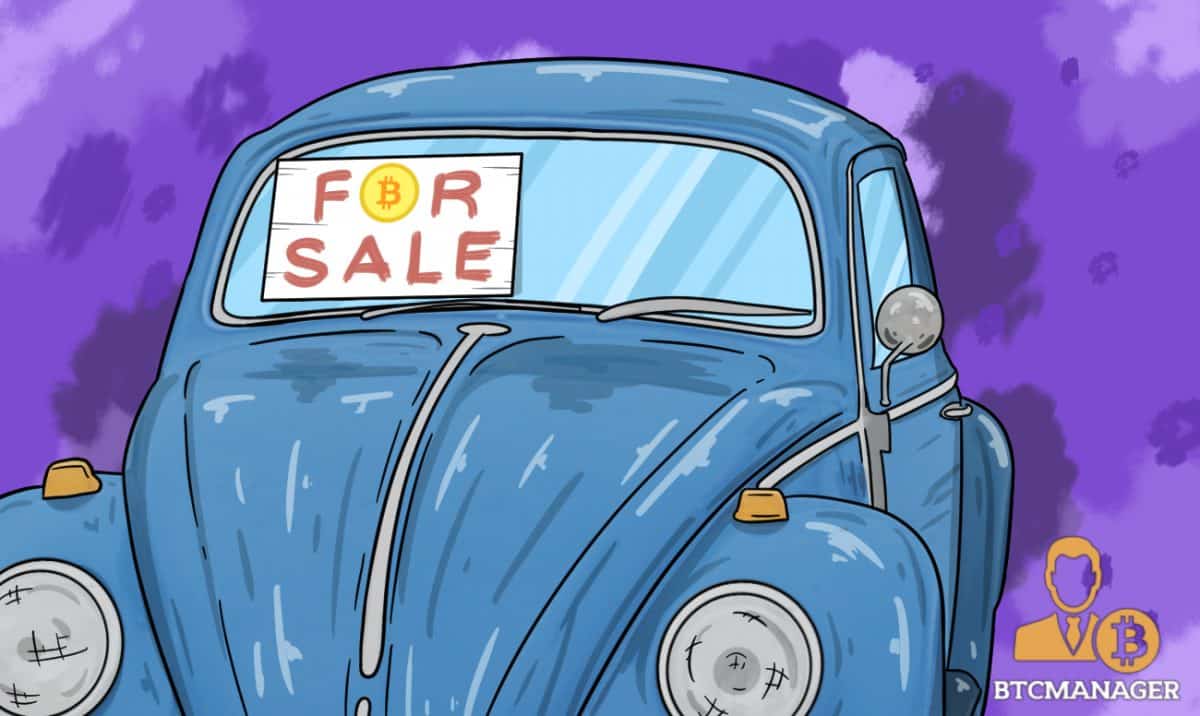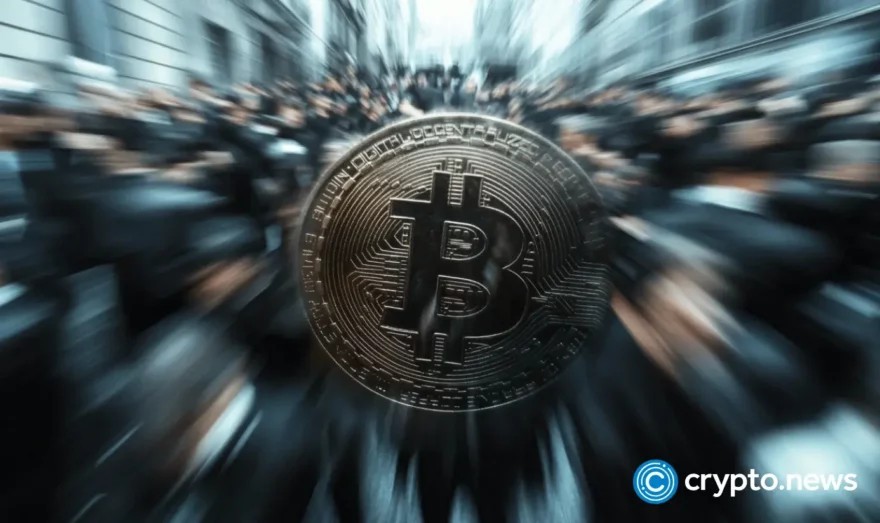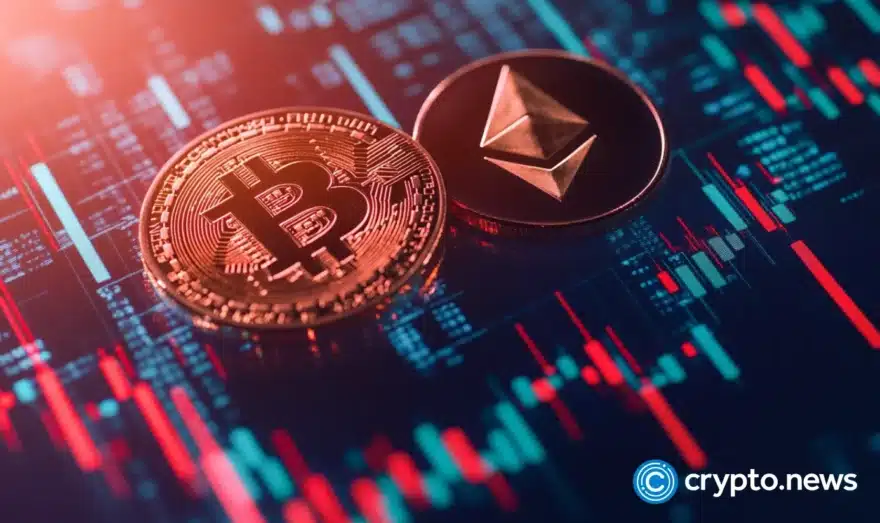Indian Used Car Marketplace is Accepting Bitcoin Payments

All hell broke loose in some corners earlier in February 2018 when India’s Finance Minister Arun Jaitley declared that the Indian government considered cryptocurrencies illegal. Sensational headlines ensued with many making bold “doomsday” predictions for the country’s still-nascent crypto economy.
A Loophole in Existing Regulations
However, that doesn’t mean you should sigh in relief just yet. After all, it looks like the Union government and the Reserve Bank of India (RBI) are not short of motivation to clamp down on cryptocurrencies.
It’s just that they have yet to formulate a policy to execute that clampdown. And until the government body builds the regulatory wall forbidding Indian investors from riding the crypto wave, there’s a loophole in existing regulations that Indian startups and homegrown crypto companies could potentially exploit.
As it turns out, despite Jaitley’s insistence on the illegal status of cryptocurrencies, his speech didn’t include anything that would make crypto trading legally unacceptable.This ambiguity has empowered businesses like Unocoin, Zebpay and other crypto exchanges operating within the country to go about their business as usual.
And it’s not just crypto exchanges, but companies dealing in other niches and sectors are also doing their best to bank on this loophole while they still can. For example, Truebil, a homegrown used car marketplace, is making the most out of said loophole by accepting bitcoins in payments.
Apparently, the car dealership is pulling off the trick with the help of Unocoin’s Point-of-Sale (POS’0 application. The POS application enables it to accept bitcoin payments in its brick-and-mortar stores. To save itself from potential trouble, the startup refrains from accepting online payments made using cryptocurrencies.
“We are not accepting the [crypto] payments directly,” said Shubh Bansal, co-founder and marketing head at Truebil while explaining the legality of the move.
“Unocoin as our partner will receive the ‘crypto-assets’ from the consumer and then change it into a fiat currency before depositing it in our bank account. This brings it under the legal purview of existing laws.”
Interestingly, Unocoin doesn’t levy any charges on the payments made using its POS at Truebil. The transactions are free for both the company, as well as its customers.
The exchange explains this seemingly unusual generosity by saying that it is only trying to help expand the scope for everyday use of cryptocurrencies in India.
However, not everyone seems to agree with these companies’ assessments of the legal risks from dealing in crypto. Some industry experts claim that while the government has not officially imposed any ban on crypto trading, it views transactions involving cryptocurrencies on par with Ponzi schemes.
Therefore, the odds are high the Finance Ministry is already keeping a close watch on such dealings and possibly even preparing for a crackdown shortly.













